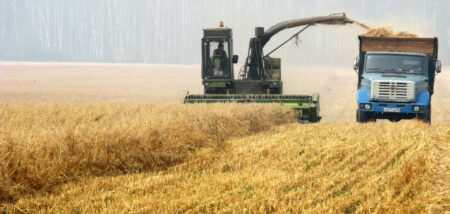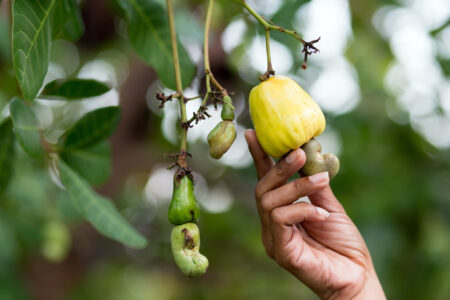- Tea-picking machines have been introduced and they are now replacing tea pickers in Kenya
- Smallholder farmers have been increasing acreage under tea
- On December 16, 1773, tea ignited and lit up the flames of the American revolution
Tea is at the centre of every party in Kenya and anything that touches on this commodity is bound to elicit emotions of different magnitudes.
A while back, the tea industry in Kenya was yet again at the centre of an economic standoff.
It is back to December 16, 1773, when tea, yes your regular tea, sparked, ignited and lit up the flames of the American revolution. Just as it happened on the Boston Harbour, it is again happening in a former British colony, Kenya.
Read: How technology has changed the way we trade forex
Of course one major difference, the protest is happening in a courtroom and the peasants are losing. The issue is tea but more specifically it is the Hollywood futuristic fiction of man vs machine.
As the future would have it, tea-picking machines have been introduced and they are now replacing the peasants of Kenyan highlands whose lives depend on tea picking.
The peasants would not hear of it and through their Union, they have been fighting the machines in court, to no avail.
For almost a decade now, the peasant has battled it out but the ruling has finally come in favour of the machines. In this particular case, the workers are fighting against the giant multinational Unilever.

However, on their side, the Kenya Plantations and Agricultural Workers’ Union (KPAWU) represents the peasants, wants an immediate ban and withdrawal of tea harvesting machines by Unilever Tea Kenya.
Their argument is simple, the machines threaten thousands of tea pickers jobs. As true as that might be, Unilever’s machines are protected by the Constitution that stands for equality of all persons under the law.
The Constitution, as Unilever argued in court, also offers the right to acquire and own property as well as the right to modernise its operations.
Tea Rules: The court decision
Citing a similar case, the KPAWU against Finlays and Sotik tea companies, Justice James Makau pointed out the ruling by the Court of Appeal which ruled that ‘…an employer has the right to make commercial and business judgment whether it will adopt technology or not in its operations, subject to following all prescribed procedures should its adoption of technology result in a redundancy situation.’
Local media quoted Justice Makau’s ruling as follows, “I find as decided in the Court of Appeal decision, the petitioner has a right to mechanise and adopt technology in its operations. The matter in dispute is therefore effectively concluded and settled in terms stated.”
If the cry of the workers’ Union is true, then this ruling threatens more than 50,000 workers’ jobs and allegedly, already over 10,000 tea pickers have lost their jobs to the machines.
However, the odds are pinned against the peasants, the Kenya Tea Growers Association says the loss of jobs has nothing to do with the machines but rather ‘…tea companies reducing their workforce through natural attrition.
Tea wars, what it boils down to

To make matters worse, the tea companies are facing a global drop in tea prices which means if they are to stay afloat, they have to cut down expenses and the biggest expense is human resources, in this case, tea pickers.
According to local media, ‘the average tea prices for factories managed by Kenya Tea Development Agency had dropped by 13.3 per cent to US$2.22 in the last seven months ending January 2021.’
Further still, the average price dropped from USD2.56 for a similar seven-month period in the previous financial year owing again to oversupply not to mention the pressure excerpted by the Covid-19 pandemic.
The Kenya Tea Development Agency (KTDA) is grappling with the third year of price drops due to a global supply surplus way beyond the market demand.
Attested by Alfred Njagi, KTDA Management Services managing director, the volume of tea produced by its smallholder tea farmers dropped by 0.7 per cent to 615 million kilograms in the first six months of December 2020 compared to 619.5 million kilograms in the same period in 2019.
The decline in the volume of tea produced is said to be in line with the 2018 Food and Agriculture Organization of the United Nations (FAO) market forecast.
“High volumes of tea produced in the East African region and elsewhere on the globe have contributed to the continued price decline in the global market,” Njagi admitted.
Data from the Kenya National Bureau of Statistics (2020) shows that smallholder farmers have been increasing acreage under tea and this has eventually played a huge role in the increase in tea volumes in the global market.
Read: Robo-janitors: Rwanda deploys robots to clean medical centres










